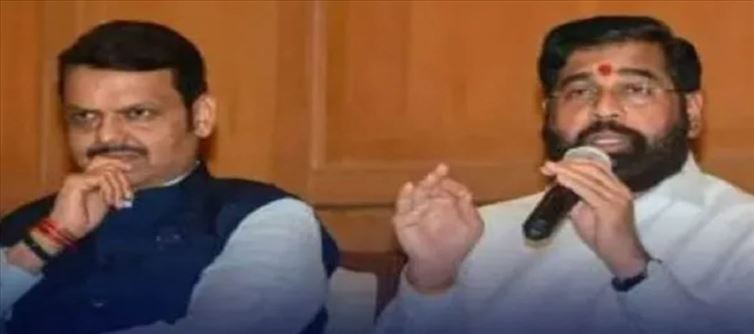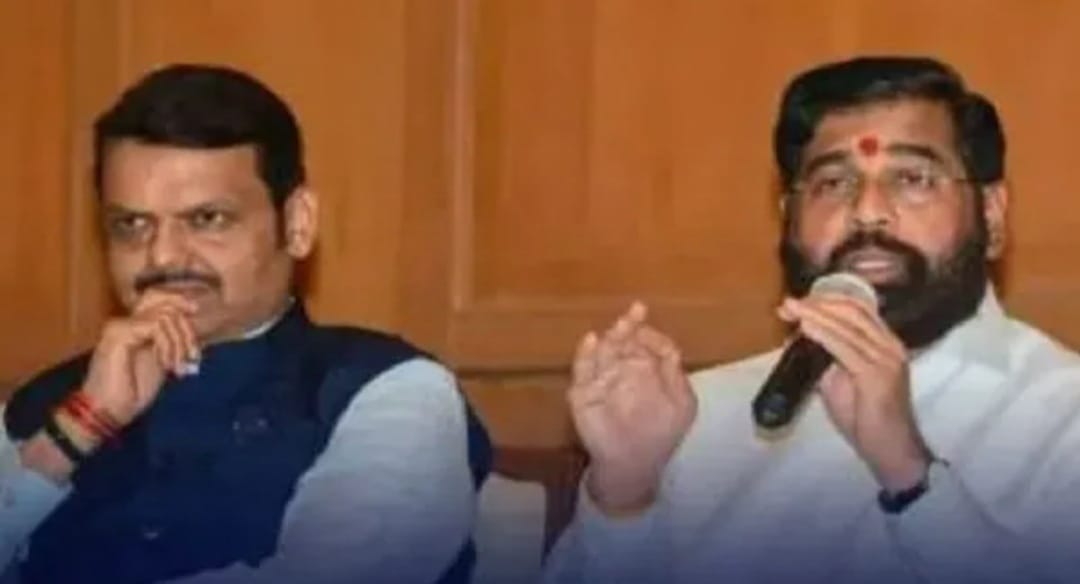
Empowering Women: How Maharashtrian government Initiatives Are Driving Equality And Progress!
India's government has implemented several initiatives to empower women, focusing on financial aid, access to education, and health support, significantly benefiting their quality of life.

The central government led by narendra modi and the Mahayuti government in maharashtra have placed a strong emphasis on the empowerment of women, with particular attention to their economic and educational upliftment as a means to drive national development.
This focus acknowledges the crucial role that advancing the status of women plays in catalyzing overall growth. A variety of initiatives have been rolled out to enhance the quality of life for women in different areas.
One of the significant steps taken is the introduction of financial aid schemes such as the "Ladki Bahin" program. Initially launched in madhya pradesh by shivraj singh chouhan and extended to maharashtra by deputy chief minister Ajitdada Pawar, it provides monthly assistance of Rs. 15000 (annually Rs. 18000) directly to the bank accounts of eligible women. Over one and a half crore women have benefited from this program, receiving their first installments, with a commitment from the government to ensure its ongoing support.
In addition to financial support, the governments have made strides in facilitating access to education for girls from economically weaker sections. Free higher education is now available to girls whose family income does not exceed seven and a half lakh rupees annually. This initiative opens doors to costly vocational training for girls from modest backgrounds, aiming to equip them with quality education and better job prospects.
The governments have also tackled the economic strain on households caused by the unpredictability of domestic gas prices, which has been aggravated by international crises such as the Russia-Ukraine conflict. The Chief Minister's annapurna Yojana was introduced to provide economically backward women with three free LPG cylinders each year, easing the financial burden on them. Furthermore, the central government's Ujwala Yojana has been instrumental in delivering gas connections to women's homes, mitigating health risks associated with smoke from traditional cooking methods.
The commitment to women's welfare is further evidenced by schemes offering high-interest savings options like the sukanya Samriddhi Yojana and transportation benefits, such as free bus travel in karnataka and a 50% travel discount in Maharashtra. The latter has not only been well-received but has also contributed to the profitability of the State Transport Corporation for the first time in nine years.
Political empowerment of women is being advanced with the central government's announcement of reservation in the Vidhan Sabha and Lok Sabha, aiming to increase women's participation and impact in governance. This, coupled with measures like mandating the inclusion of the mother's name in official documents and extending maternity leave from 12 to 26 weeks, underscores a respect for and recognition of women's roles in society.
Efforts to enhance women's lives don't stop there. Housing initiatives such as the Pradhan Mantri Awas Yojana favor women as property owners and legislative actions like the abolition of triple talaq are part of a broader approach to ensure women's financial and social security, dignity, and access to opportunities.
These comprehensive measures signal a transformative move towards gender equality and the empowerment of women in India. By addressing key areas such as education, economic support, health, and political representation, a foundation is being laid for a society that values and leverages the contributions of women as essential to its progress and development.




 click and follow Indiaherald WhatsApp channel
click and follow Indiaherald WhatsApp channel